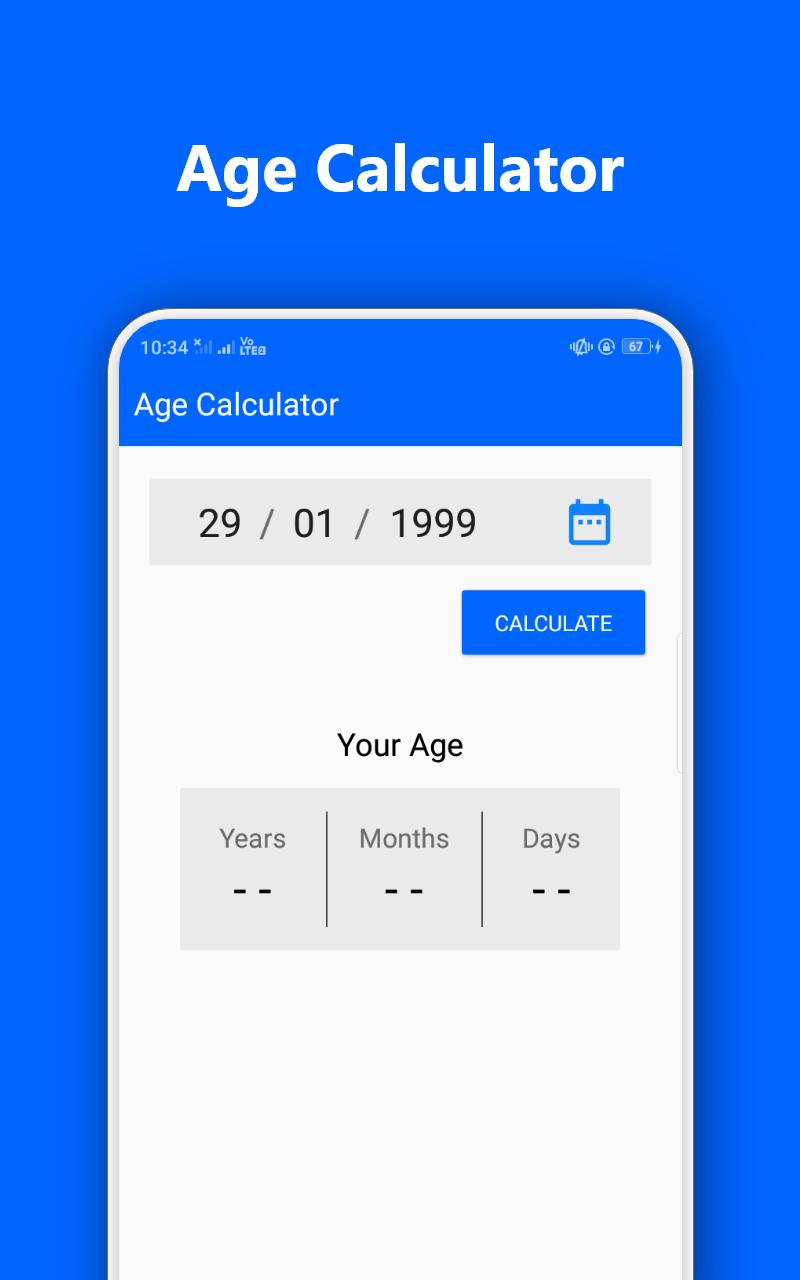In today’s fast-paced digital landscape, cross-functional teams are crucial for building and delivering complex, high-quality software solutions quickly and efficiently. Cross-functional teams consist of members with different areas of expertise who work together to achieve common goals, ensuring that mobile and web applications are developed cohesively from start to finish. Kotlin and Laravel developers are key players in these teams, bringing specialized skills in mobile and backend development. In this article, we will explore the benefits of Hire Kotlin Developers for cross-functional teams, and how their collaboration can lead to better product development, faster time to market, and higher-quality results.
The Role of Kotlin Developers in Cross-Functional Teams
Kotlin developers specialize in creating Android applications, and increasingly, cross-platform applications using Kotlin Multiplatform. They are responsible for building intuitive, high-performance mobile apps that align with the overall product vision. Hiring Kotlin Developers for cross-functional teams ensures that the mobile aspect of the project is built with modern development practices and optimized for user experience.
1. Mobile Expertise for Feature-Rich Applications
Kotlin developers bring a wealth of experience in mobile development to cross-functional teams. Whether it’s building native Android apps or creating cross-platform applications with Kotlin Multiplatform, Kotlin developers excel at building smooth, responsive mobile experiences that integrate seamlessly with other parts of the application.
By working closely with UX/UI designers, project managers, and backend developers, Kotlin developers ensure that the mobile app is well-aligned with the design and technical requirements of the project. Their focus on mobile-first principles helps create apps that are user-friendly, feature-rich, and scalable.
2. Cross-Platform Development for Unified Experiences
In cross-functional teams, Kotlin developers can leverage Kotlin Multiplatform to share business logic across multiple platforms, including Android, iOS, and web. This enables the team to maintain a consistent codebase and ensures that the application behaves the same across different platforms.
By reusing code, Kotlin developers not only reduce development time but also streamline collaboration between frontend, backend, and mobile development teams. This makes it easier to develop and maintain unified cross-platform experiences while keeping the product cohesive.
3. Efficient Collaboration with Backend Developers
Kotlin developers often need to collaborate closely with backend developers to ensure that the mobile app integrates seamlessly with the server-side infrastructure. By working alongside Laravel Developers, Kotlin developers can create efficient communication between the mobile app and backend systems, ensuring that data flows smoothly and securely between the two.
For example, a Kotlin developer may work with Laravel developers to integrate RESTful APIs, ensuring that the mobile app can retrieve and display data from the server in real-time. This collaboration between Kotlin and Laravel developers ensures that both the mobile and backend aspects of the project work together cohesively, reducing errors and improving the overall user experience.
The Role of Laravel Developers in Cross-Functional Teams
Laravel developers are experts in building backend systems and web applications, making them invaluable members of cross-functional teams. Hiring Laravel Developers ensures that the server-side logic, databases, and APIs are developed with security, scalability, and performance in mind.
1. Backend and API Development for Mobile and Web Apps
In cross-functional teams, Laravel developers focus on building robust backend systems that power mobile apps, web applications, and services. They are responsible for managing user authentication, data storage, business logic, and server-side processes, which are essential components of most modern applications.
Laravel developers can work alongside Kotlin developers to create RESTful APIs that allow mobile apps to interact with backend services. For example, they might build APIs to handle user registration, authentication, product listings, and order processing. These APIs ensure that the mobile app (built by Kotlin developers) can retrieve and display relevant data, ensuring a seamless user experience.
By using Laravel’s built-in features, such as Laravel Passport for secure API authentication and Eloquent ORM for database management, Laravel developers ensure that backend systems are scalable, secure, and easy to maintain.
2. Modular Development for Flexibility and Scalability
Laravel’s modular architecture allows developers to build flexible and scalable backend systems that can grow alongside the mobile or web application. In a cross-functional team, this flexibility enables Laravel developers to easily integrate new features, adapt to changing project requirements, and ensure that the application is always performing optimally.
This modular approach is particularly important in cross-functional teams where different members may be working on various parts of the application. Laravel developers can create reusable service providers, middleware, and components that can be easily integrated into the project as it evolves. This promotes a more collaborative and efficient development process, allowing the team to scale the application as needed without disrupting the overall architecture.
3. Real-Time Features and Data Handling
In cross-functional teams, real-time features are often crucial to the success of modern applications. Laravel developers can use tools like Laravel Echo and WebSockets to implement real-time features, such as live notifications, chat systems, and data updates.
By working closely with Kotlin developers, Laravel developers can ensure that real-time data is synced between the mobile app and the backend. For example, a Kotlin developer might build a mobile chat interface, while the Laravel developer sets up the real-time backend that handles message delivery and notifications. This type of cross-functional collaboration ensures that real-time features are seamlessly integrated across mobile and backend platforms.
Collaboration Between Kotlin and Laravel Developers in Cross-Functional Teams
Collaboration is at the heart of cross-functional teams, and when Kotlin and Laravel developers work together, they can build powerful, feature-rich applications that function seamlessly across mobile and backend systems. Here are some key areas where Kotlin and Laravel developers collaborate to ensure the success of a project.
1. API Integration and Data Flow
Kotlin developers build the mobile app, while Laravel developers handle the backend infrastructure, including APIs that serve data to the mobile app. The collaboration between these two roles is critical for ensuring that the app’s frontend and backend are synchronized.
For instance, Kotlin developers might need to request product data from the backend, which is managed by the Laravel developer through an API. Both teams work together to define the API endpoints, ensure secure communication, and handle data formatting so that the mobile app displays accurate information in real time.
2. User Authentication and Security
Security is a top priority for any application, and both Kotlin and Laravel developers play a role in ensuring that user data is protected. Laravel developers manage user authentication and secure access to backend services using tools like Laravel Passport or Sanctum for token-based authentication.
Meanwhile, Kotlin developers integrate secure authentication methods in the mobile app, ensuring that users can log in and access their accounts without exposing sensitive information. This type of collaboration ensures that security measures are consistent across both mobile and backend systems, protecting user data and ensuring compliance with regulations like GDPR and HIPAA.
3. Real-Time Synchronization
For apps that require real-time data synchronization, such as messaging apps or live dashboards, both Kotlin and Laravel developers need to work closely to implement these features. Laravel developers set up the real-time backend using tools like Laravel Echo and Redis, while Kotlin developers ensure that the mobile app handles real-time updates smoothly and efficiently.
By synchronizing their efforts, both teams can create real-time applications that deliver a seamless user experience, with live data updates across all devices.
Benefits of Hiring Kotlin and Laravel Developers for Cross-Functional Teams
Hiring Kotlin and Laravel developers for cross-functional teams brings several key benefits:
- Faster Development Cycles: By working together, Kotlin and Laravel developers can streamline the development process, reducing the time it takes to build mobile and backend systems.
- Improved Collaboration: Cross-functional teams encourage collaboration between mobile and backend experts, ensuring that both parts of the application are aligned and function together smoothly.
- Better Product Quality: When Kotlin and Laravel developers collaborate, they can ensure that both the mobile app and backend system are built using best practices, leading to higher-quality products.
- Scalability: With the combined expertise of Kotlin and Laravel developers, cross-functional teams can build scalable applications that are easy to maintain and expand as the project grows.
Conclusion: Hiring Kotlin and Laravel Developers for Cross-Functional Teams
For businesses looking to build cohesive, scalable, and feature-rich applications, combining the expertise of Kotlin and Laravel developers in cross-functional teams offers a powerful solution. Hire Kotlin Developers to create responsive, cross-platform mobile applications, and Hire Laravel Developers to build secure, scalable backend systems that support seamless data flow and real-time features.
By fostering collaboration between Kotlin and Laravel developers, businesses can accelerate development, improve product quality, and ensure that mobile and web applications work together smoothly, delivering an exceptional user experience across all platforms.


